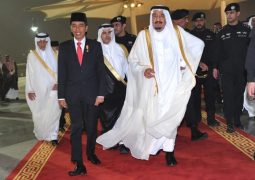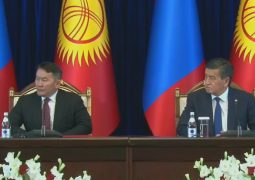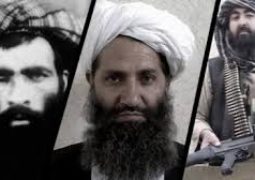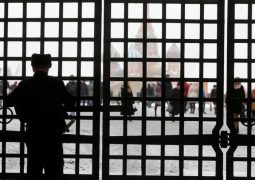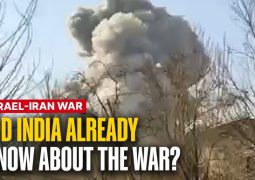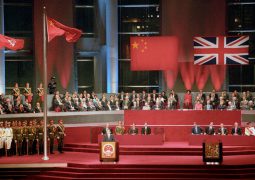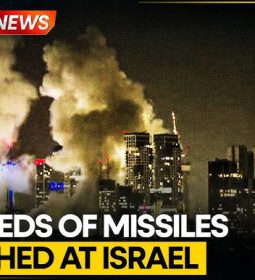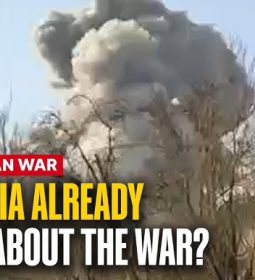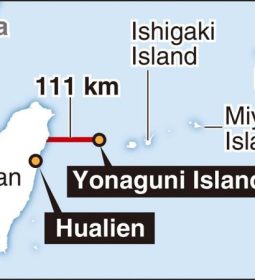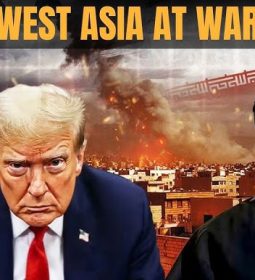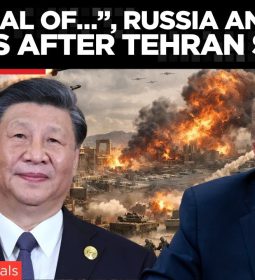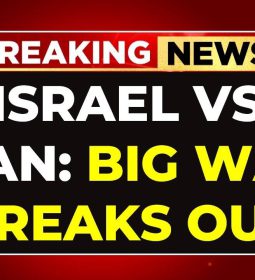The Muslim Brotherhood: Terrorists or Not?
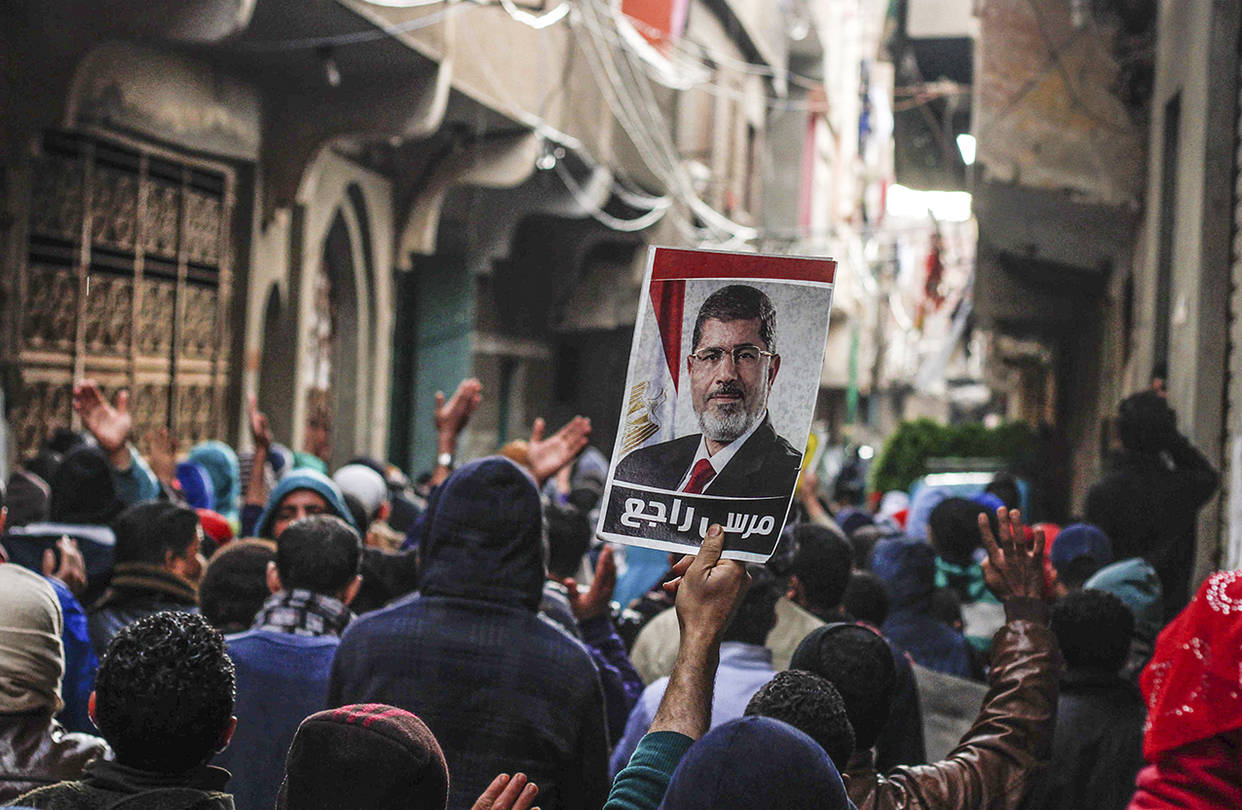
Should the U.S. designate the Muslim Brotherhood as a terrorist organization? That question has once again acquired force in Washington. In recent years congressional Republicans have pushed for such a designation, but the Obama administration always stood in the way. Now, with the Trump administration appearing to move toward a designation, both sides are airing their arguments.
Supporters of the idea insist that the Muslim Brotherhood has helped incubate terrorist ideologies and encouraged violence. Moreover, the Brotherhood has already been designated as a terrorist group by several American allies, including Egypt, Saudi Arabia and the United Arab Emirates.
Opponents counter that a terrorist designation from Washington would do more harm than good. They argue it would empower Islamic State by pushing into their corner those sympathetic to the Brotherhood. It could undermine U.S. relations with several countries where Brotherhood-affiliated parties are in power, such as Morocco and Tunisia. It could potentially be used against certain Muslim American organizations that are accused of having ties to the Brotherhood.
What’s striking is how little this debate has changed since 2001, specifically when it comes to the Egyptian mother organization. One side sees the Brotherhood as a complex international conspiracy that is slowly infiltrating America. The other side sees a moderate Islamic group that has embraced democracy and renounced violence. Neither of these views reflects the truth, which is that the old Muslim Brotherhood no longer exists, having splintered after its fall from power in 2013.
When the Mubarak regime collapsed in 2011, the Brotherhood achieved its goal of reaching power. But it lost control of the country two years later in a military coup that eventually installed Egypt’s current president, Abdel Fattah Al Sisi. For the Brotherhood, a hierarchical organization that prides itself on discipline, the coup came as a shock. So did the new regime’s severe crackdown against the Brotherhood in the summer of 2013. As its leaders were arrested, went into hiding or escaped abroad, the group faced two immediate challenges: creating a new leadership structure and developing a strategy to topple the Sisi regime.
In early 2014, new leadership bodies were elected in Egypt and in Turkey, which had become the hub of Brotherhood activity. Key among them was Mohamed Kamal, a veteran leader of the group’s Guidance Office who had survived the crackdown. As the protests that the Brotherhood had hoped would undermine the coup began to fizzle, its activity intensified.
Already so-called deterrence committees had been created from physically fit brothers to protect their demonstrations or engage in street fights with the police. Small firearms and Molotov cocktails started appearing during clashes with authorities. By early 2014, Kamal and some of his comrades had given the green light to violence within limited parameters, calling “special committees” to target state infrastructure with bombs and arson. A slogan soon became popular in Brotherhood circles: “All that is below bullets is nonviolent.”
But if the first wave of violence was in theory limited to infrastructure—with a few police officers targeted nonetheless—the second wave was not. In late 2014 and early 2015, groups began to emerge under the Popular Resistance Movement or the banner of Revolutionary Punishment. Turkish-based Brotherhood television channels cheered the murder of police deemed responsible for killing Brotherhood members.
Theologians drew up justifications for these operations. Pro-Brotherhood scholars released a book, “The Jurisprudence of Popular Resistance to the Coup,” that outlined an explicit ideological basis for violence within the framework of the Brotherhood’s ideology. It argued that targeting security forces and government officials was a form of self-defense.
The Brotherhood was also undergoing a major internal civil war, pitting the Kamal faction against the more pragmatic and cautious old guard. The division, which came into the open in May of 2015, was followed by a decline in violent attacks, likely as a result of the old guard cutting off funds it controlled.
The lull proved temporary. A third and more sophisticated wave of violence hit Egypt in the summer of 2016 as newer groups under the names Hassm (Decisiveness) and Liwaa al-Thawra (Revolution’s Brigade) emerged. These operations were no longer limited to police assassinations; they included car bombs and ambushes at security checkpoints. As the internal Brotherhood strife continued, Egyptian state security forces killed Mohamed Kamal in October 2016. The power struggle continues today, with neither side accepting the other’s legitimacy.
The old Egyptian Muslim Brotherhood is disintegrating. In its place stand two competing leaderships, along with spinoff groups engaged in terrorism. This collapse should not be surprising. The Brotherhood was all but eradicated by Egyptian President Gamal Abdel Nasser in the 1950s and ’60s. Had it not been for an Islamist revival across Egyptian universities in the 1970s, the Brotherhood would have been history.
The Trump administration should note these developments. Designating the entire Muslim Brotherhood in Egypt as a terrorist organization wouldn’t reflect today’s realities—to say nothing of a blanket designation against all Brotherhood-affiliated groups in the world. Instead the administration should target specific individuals, factions and spinoff groups that have been involved in terrorist activity. Then the administration can move to the larger and more critical question: how to tackle comprehensively the overall Islamist ideology.
Mr. Awad is a research fellow at George Washington University’s Program on Extremism. Mr. Tadros is a fellow at the Hudson Institute and the Hoover Institution.
- Previous In Push for Influence in North Africa, Russia Seeks U.S. Backing for Libyan Strongman
- Next Muslims and Islam: Key findings in the U.S. and around the world



